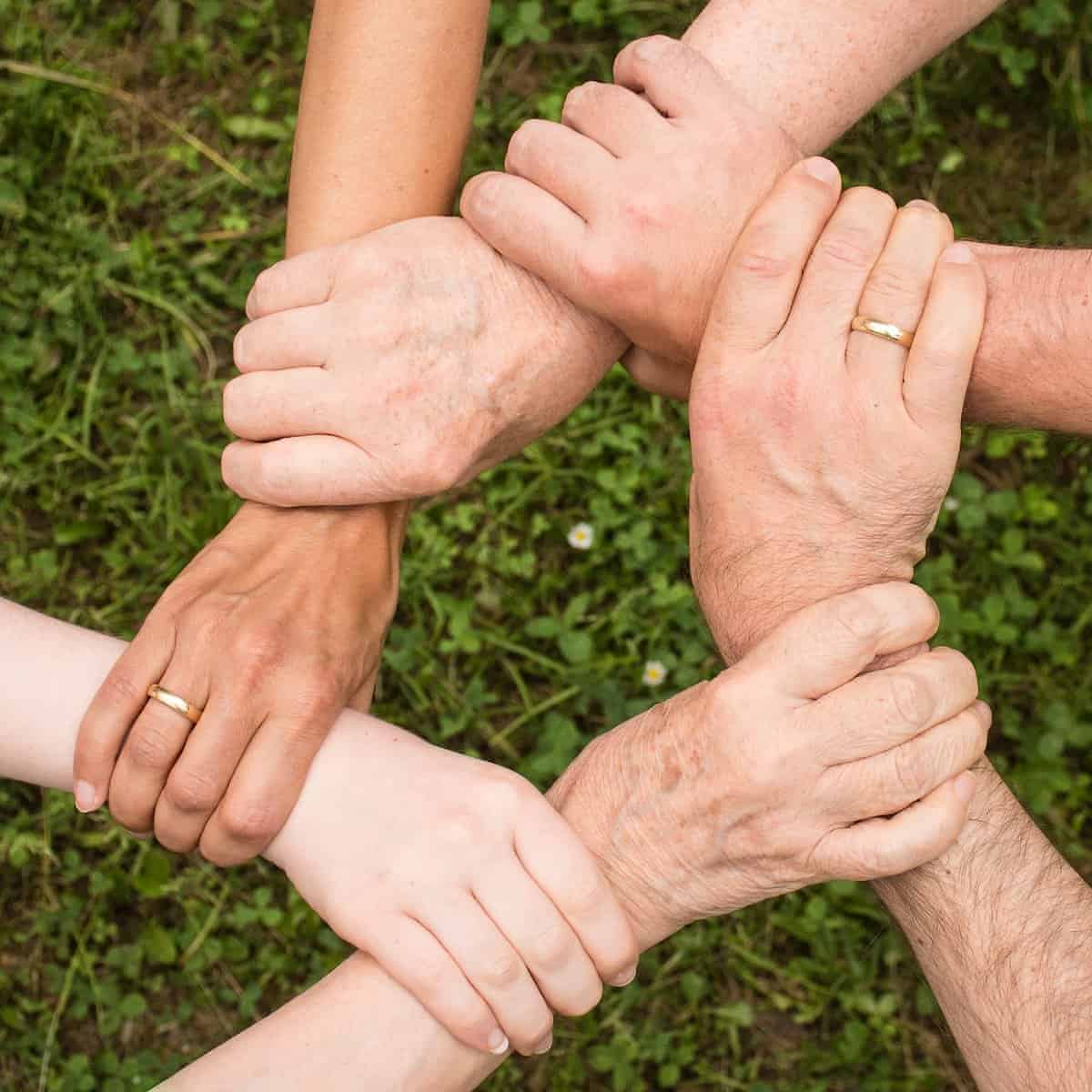In Costa Rica, Social Tourism is set up as a universal right that guarantees access to rest, recreation, leisure, and free time for segments of the population that are socially and economically vulnerable.
Therefore, in 2018, the Costa Rican Tourism Institute created the “Social Tourism with Integrity Program.” It intends to encourage citizen participation in social and accessible tourism through the involvement and strengthening of alliances between the living forces of the communities.
The Program has enabled many vulnerable populations to experience tourism through national projects and public and private activities.
Currently, it has 36 tourism companies, foundations, NGOs, and public organizations, which develop programs, projects, and activities to improve citizens’ quality of life, validating every human being’s right to leisure and recreation through tourism under principles of inclusion and accessibility.
For instance, Mangrove Hotel, Monteverde Cloud Forest Biological Reserve, Tabacón Hotel, FuncaTV, Unique Adventures, UNED: School of Social Sciences and Humanities, Occidental Tamarindo Hotel, Polo Turístico Papagayo, Arenal Adventure World, Costa Rica Adapted Surfing Association, Hotel Villa Lapas, Rosa Blanca Farm, Fiesta Resort Hotel, Il Viaggio Travel, and Cala Lodge, are all involved.
“Social Tourism is a way to provide opportunities for vulnerable populations to enjoy tourism, leisure, and recreation. Social Tourism opens the doors to all people to enjoy our country.
For us, it is important to be part of the Program to make our work visible and reach more and more people,” said Natalia Vindas, Adapted Surfing Sports Association for the Inclusive Development of Surfing for People with Disabilities.
The Program has involved projects of companies and organizations located in the seven provinces of Costa Rica, benefiting children, young people, the elderly, people with disabilities, low-income families, cancer survivors, and indigenous populations.
In addition, the project is built upon three pillars: inclusion, solidarity, and accessibility. The population that benefited from this initiative has very different social, economic, physical, and psychological conditions. These people have different needs but the same right to access leisure.
The alliances generated within the different programs and institutions foster a spirit of collaboration and integration of communities. This enables the socially vulnerable population to enjoy a recreational experience and feel included.
People with disabilities are also included in the Program, as the provision of optimal services is encouraged. For instance, accessibility is promoted in services, products, signage, and communication. The idea is that no one is left behind.
Although there are still many areas to improve and a lot of work needs to be done, Costa Rica is on the right path towards consolidating a tourism model that embraces everyone and positively impacts society.






